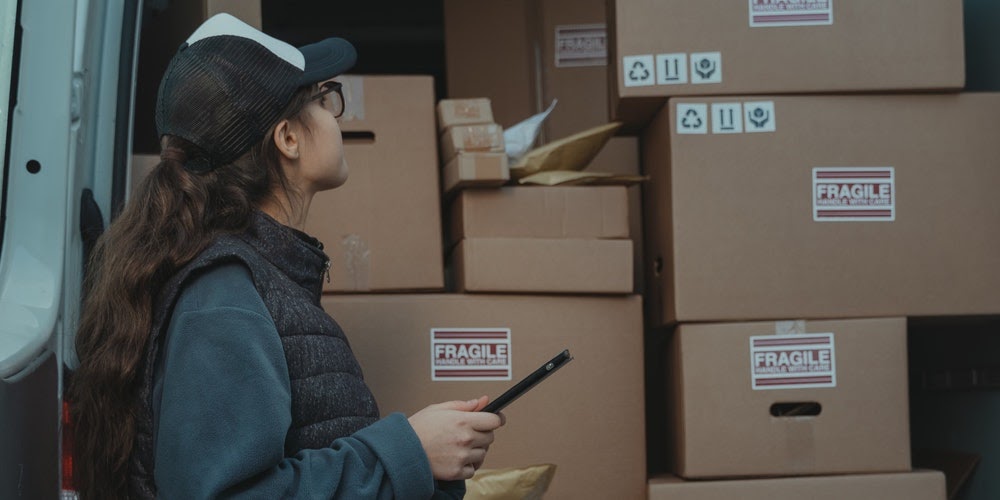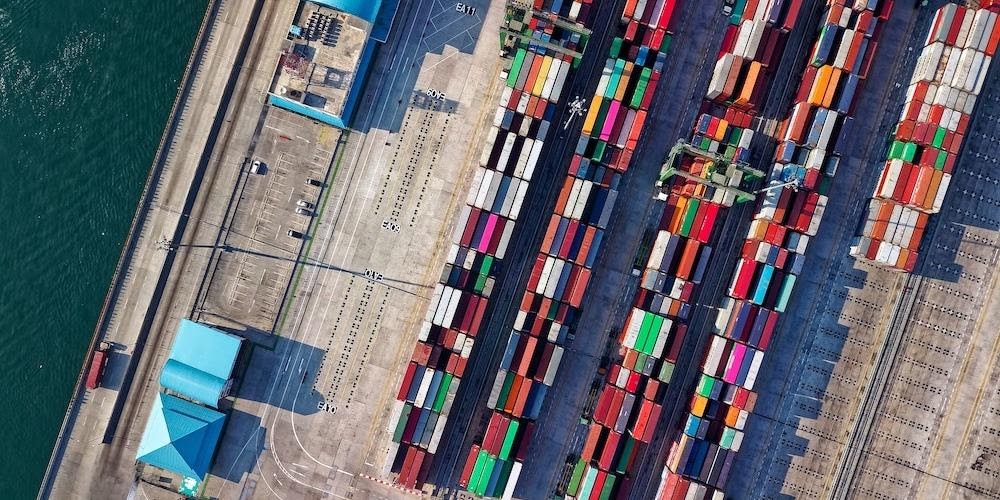
Green logistics has arisen as a sustainable development solution in face of the growing concerns about environmental impact caused by the many markets and industries around the world and estimating the logistics sector is responsible for 10% of CO₂ emissions worldwide.
As a result of the repercussions logistics has had on environmental pollution, a series of practices were devised aiming to reduce the negative impact logistics produces. In this way, there are several actions that sustainable logistics companies have started to take to reduce the effects on the environment caused by the transportation of goods around the globe. All of these actions mainly focus on either one of the following:
-
Reduction of traffic
-
Reduction of emissions
-
Reduction of waste
Sustainable practices in logistic activities
We must understand green logistics as a new discipline centered on redesign in order to deliver sustainable processes by undertaking the three actions mentioned above:
1. Reduction of traffic
In order to accomplish sustainable transport, it is a must to start reducing traffic. This problem can be sorted out by searching alternative routes and less congested schedules to circulate in order to reduce CO₂ emissions.
Sustainability may unfold once route mapping is analyzed, choosing the most convenient routes and managing loading and unloading more efficiently, considering demand for spaces to park vehicles can exceed the fixed supply available by 70%, and as a consequence, create heavier traffic and inefficiency in cargo distribution.
2. Reduction of emissions
Another sustainable practice in logistics using electric fleets and leveraging technology to optimize routes. These sustainable processes require technological logistic planning platforms that run a route analysis to anticipate and prevent setbacks and make more efficient deliveries as a result.
3. Reduction of waste
Every sustainable company must encourage recycling policies and best practices with reusable materials in their operations to reduce their environmental impact. Thus, it is important to cease using single-use raw materials such as plastics, and opt for sustainable alternatives.
By committing with sustainable processes, companies are not only complying with sustainable development measures to create opportunities in the communities where they are engaged without producing more pollution, but this also allows them to decrease operative costs.
This is made possible by applying technologies in route planning and process management and digitalization systems, which can bring out sustainable transport and savings, such as fuel, wages and even operative times.
However, regardless of the sector a company develops in, any organization can contribute to the environment by hiring logistics agents or freight forwarders who are concerned to lead sustainable processes and care for the environment, as Akzent does.
In this new era of logistics requiring growing commitment to reduce environmental pollution, it’s not only about using a freight forwarder that provides the most services or benefits any more, but about having a clear action policy, creating a more sustainable world for everyone. Contact us and discover our green polluting emission-free logistics program: Akzent Zero.
Related










